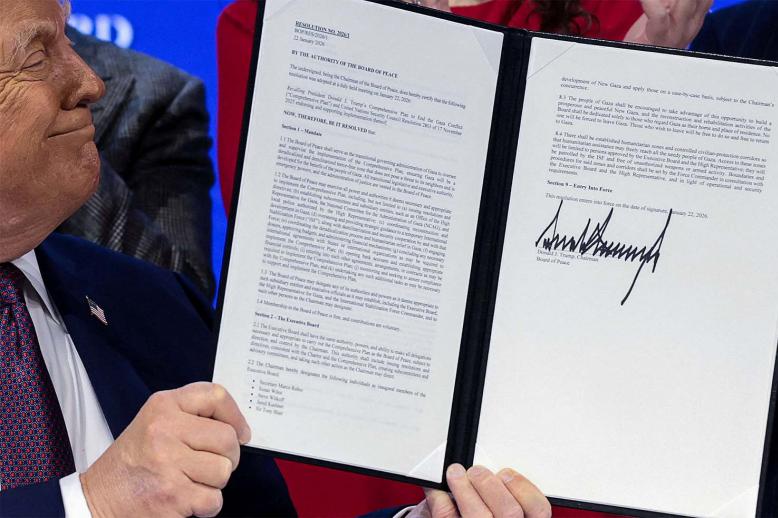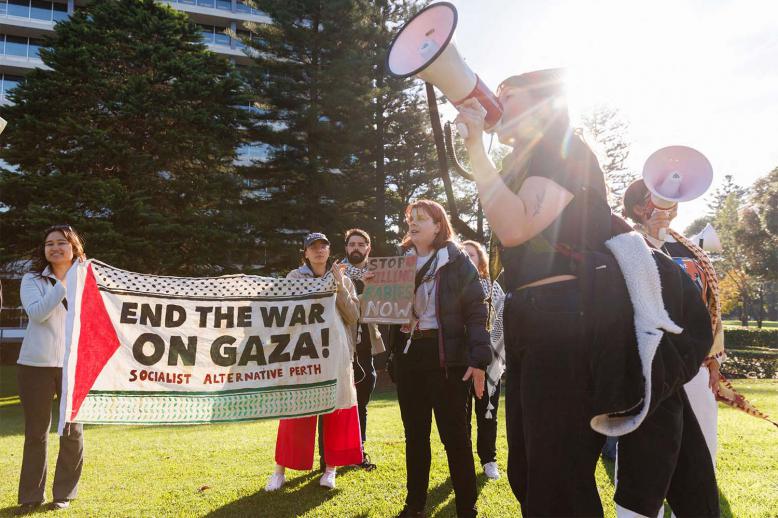Religious sermons warn of the drug threat in Iraq
Regularly, religious, political, and social spheres are overlapped in Friday's sermons, which are always presented from Karbala city. Recently, these sermons have shown that religion and its different platforms are suffering from a severe inability to protect young people from drugs. Clerics obviously put blame on the government for the increased numbers of drug users.
Many observers say that several of Iraq's youth have turned to drugs in order to escape the disappointments of life that Iraq has experienced since 2003. They accuse politicians of being behind these feelings. They have lost the belief in the possibility of changing corrupt politicians who impose their hegemony on the political scene. Those experts think that the future will remain in the hands of such politicians; and thus, there is no way out of this existential predicament.
Saying that drug traffickers are shielded by influential politicians has made many people asking this question: Who can fight this phenomenon? The government might launch a large scale campaign against the users of drugs, while the dealers and those supporting them will not be held accountable. All these realities entrench in the mind of this generation the sentiments of loss, alienation, and resentment. This might drive them to consume more drugs.
The drug trade has become a more complicated matter in Iraq. It is not only concentrated geographically in the urban areas, but It is also now gradually spreading in the towns and hamlets. In spite of the absence of accurate statistics on this subject in the major cities, urban high population density is considered as an important interface for drug marketing.
Many of Iraq's media platforms have recently extensively talked about the desire of drug traders to turn the suburbs into a new destination to their sales. They are trying to exploit the limited cultural pattern of these places to produce more consumers for these drugs. These dealers want to siege big cities from inside and outside to force their teens to become drug addicts.
It is crystal clear that the religious authority warns a lot against the negative results of using social media by adolescents, confirming that spending considerable time on these media will increase the culture of insulting, treason, sex, ignorance, and drugs. Therefore, the latest sermons have affirmed that we are in urgent need for new social principles, culture, and a new style of education that can help youngsters avoid the epidemic of drugs.
In fact, there is a moral dilemma in Iraqi political work. As soon as Friday's sermons end, many political parties send their messages to the community to confirm they obey the recommendations of those sermons. They also assure that they take what Grand Ayatollah Al-Sistani says as a road map in their political performance. However, many Iraqis do not believe in this kind of hypocrisy. They say that if Al-Sistani orders those politicians to turn their palaces into treatment centers for drug users, no one will respond to him.
In sum, the spreading of drugs in Iraq is a new crisis that deserves more attention. It is a futuristic danger that will engulf many Iraqi cities and will also destroy the youth, who are an important source of power for any nation in the world. Therefore, we can say that the legislation of laws is not sufficient by itself to contain this threat. We need a real revolution in our social values and in our academic institutions in order to contribute to the fortification of our generations if we really want a prosperous and secured Iraq.
Diyari Salih is an Iraqi academic with a Ph.D. in Political Geography from the University of Baghdad and a Post-Doctorate in International Relations from the University of Warsaw. His research focuses on geopolitical issues in Iraq. He tweets at @DiyariFaily







